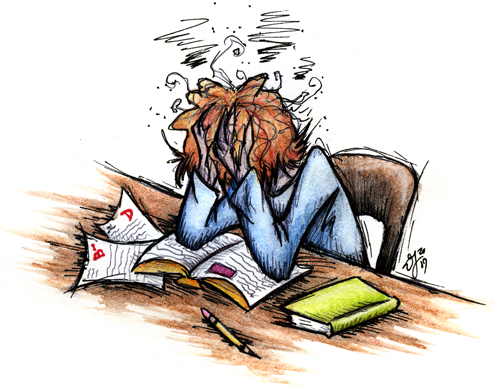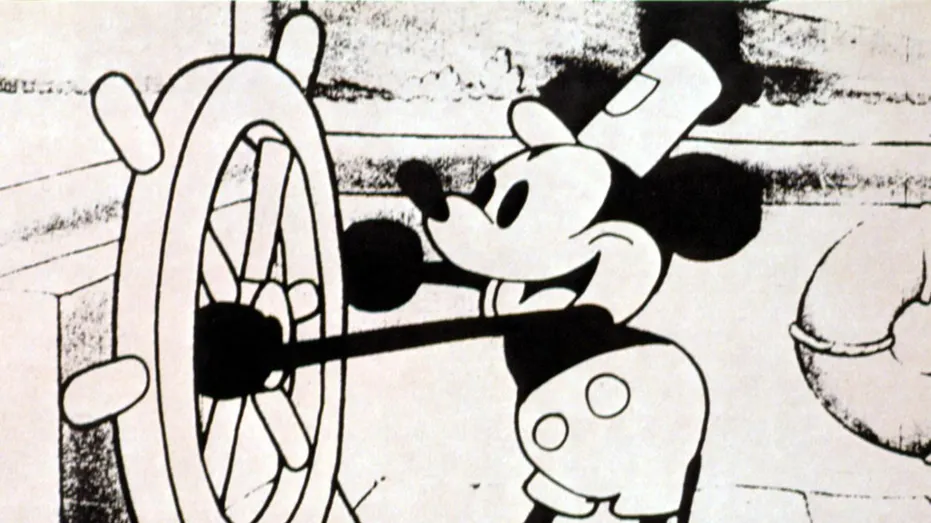Who Can Get the Highest GPA?

April 29, 2023
It’s true; the problem is that education is not so much about learning as it is about who can get the highest GPA, take the most AP classes, or do the best on test days. It is just a matter of a letter and a number that defines how genius and how capable you are to get into the most prestigious school. Most students’ objectives in school are not to learn but to get the highest grade nowadays. The school has become an overwhelmingly stressful environment because students know their classroom has become a battlefield among their peers. The sad reality is that no matter how hard you work or how exceptional your grades are, there is always someone doing more, and the only way to do more than those who do the most is to live, sleep, and breathe in school. It hasn’t always been like this, so why exactly has school become more competitive than ever?
As we know, school is the long, bumpy road to a successful life, starting with getting into a good college. The problem is that college admittance rates have gone down, meaning more applications are being rejected, and competitiveness has become inevitable. Harvard, Princeton, and Yale, the finest of the Ivy League, admitted roughly 15 to 20 percent of applicants in the late 1980s. In 2022, Harvard’s admission rate reached an infinitesimal low of 3.19 percent. While these Ivy League school admission rates have dropped incredibly, so have elite public universities, from a 52% admission rate in 2002 to 31% in 2022; it is clear why a learning environment was replaced by a competitive one. Not only do your grades need to be perfect, but colleges are also looking for hours of volunteer work and extracurriculars on top of your challenging high school curriculum. Diversity is also very much valued, although it is quite difficult for students to set themselves apart from others as every school in the country has a valedictorian, a student body president, team captains, varsity team members, National Honor Society members, and more. It almost seems like these elite schools set impossible standards for students, and those who try to meet them often face obstacles with their mental health.

With the increasing pressure and competition within the school environment, research shows that too much academic stress leads to reduced well-being and a higher probability of developing depression or anxiety. Other negative health implications, such as poor sleep and substance abuse, often appear in many students today.
In fact, according to the Anxiety and Depression Association of America, 80% of U.S. students report feeling stressed sometimes or often, while 34% feel depressed.
Three-quarters of high school students describe themselves to be “often or always stressed” about schoolwork. Always being stressed about schoolwork means coming home from 7 hours of school and accompanying yourself to even more school.
As a high school student who finds herself always thinking, doing, and stressing about schoolwork, revolving her life around tests, exams, and homework, to have her weekdays jammed with 7 hours of school and 7 hours of studying each day for the five tests that were assigned in a week (believe it or not); I can tell you, yes, it is tiring. I am tired. I am stressed. I am anxious. I can’t seem to stop thinking about school, and let me tell you, it is not normal. It has come to a point where even my parents have told me to stop studying, yet risking my grades feels as if I am risking my future, and taking a break has become an even more stressful task than studying for hours on end and feeling this way has made me realize that I, too, have been influenced by the overwhelmingly competitive environment in high schools today. Almost all my peers have entered this competitive environment as well, and when school is all you can think about, let me tell you, it is definitely not a quality you’d want to wish upon your child.












anon • May 5, 2023 at 11:30 am
I completely agree with this article. As a senior, I have spent the last 4 years, maxing out AP classes, dedicating time outside of school to extracurriculars, and put my own well-being on the back burner. While the competitive environment pushed me to be successful in my studies, it did come at a cost. This was very well written, good job!!
Allen • Apr 29, 2023 at 2:30 pm
Uhh are you saying uh?
Yeaaaah u yeaaah u yeah
*squawks like a bird*
-my little sister 2023
fr tho this does highlight high schools negative impact, each year it appears simply building a future becomes increasingly difficult. Whether that’s the required experience to find a job or the egregious amount of work students do at home. The hard work isn’t all for naught, eventually life does become easier, the competitive nature of school is not all encompassing throughout life. School is difficult yes, “—but I do not regret it, nor am I ashamed”